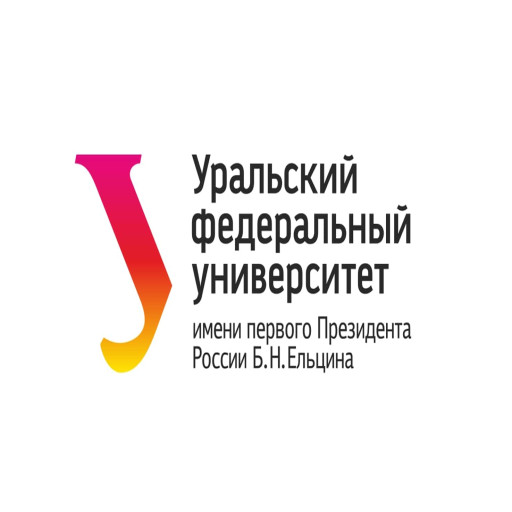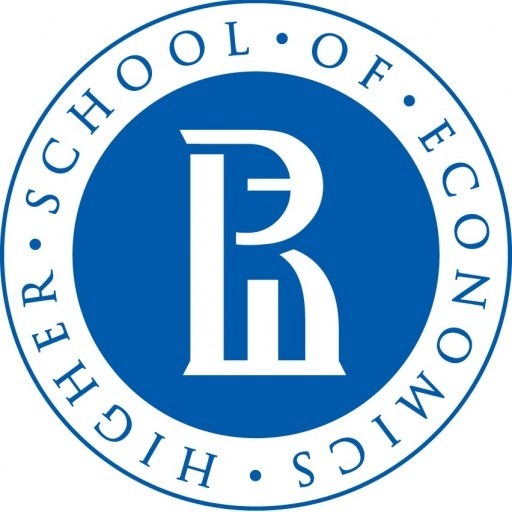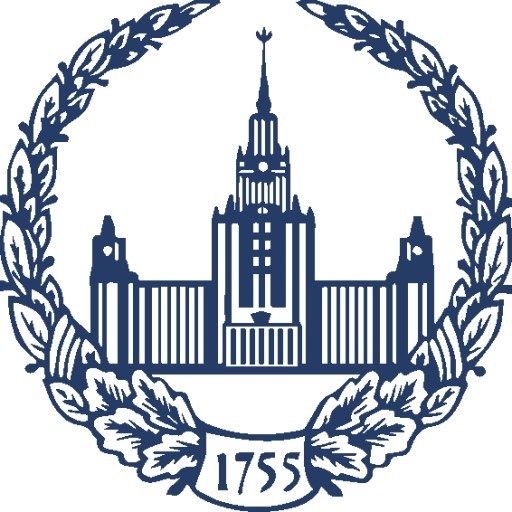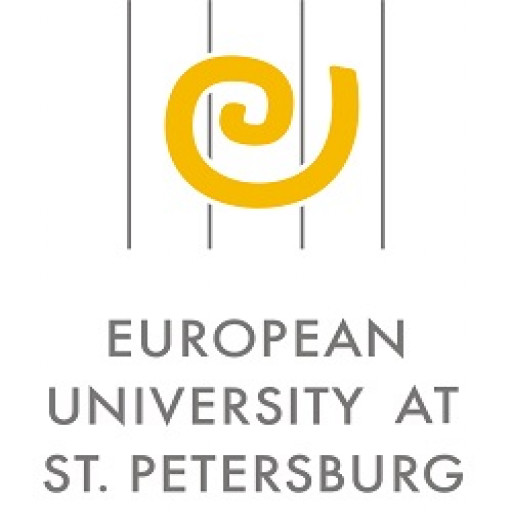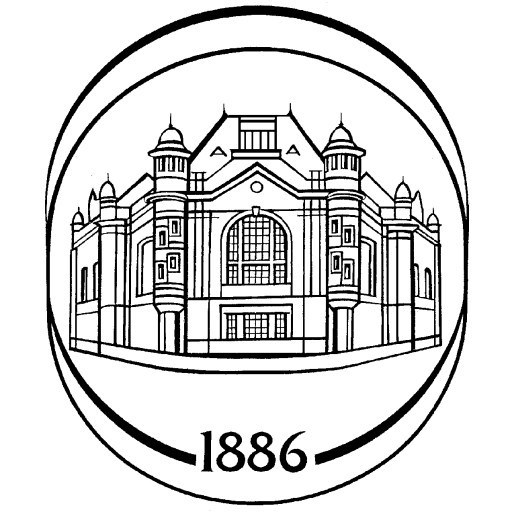The Bachelor’s degree program in Metrology and Metrological Support at Ural Federal University is a comprehensive educational pathway designed to develop highly qualified specialists capable of ensuring precision, accuracy, and reliability in measurements across various industries. This program combines fundamental sciences, engineering principles, and specialized metrological knowledge to prepare students for the evolving demands of modern technological environments. Throughout the coursework, students gain an in-depth understanding of measurement theory, calibration techniques, standards and certification processes, observational methods, and quality control systems, enabling them to contribute effectively to sectors such as manufacturing, instrumentation, instrumentation, healthcare, and environmental monitoring. The curriculum emphasizes practical skills through laboratory work, internships, and industry collaborations, providing students with real-world experience in measurement procedures, metrological assurance, and trouble-shooting measurement issues. Graduates are equipped with the expertise needed to develop, operate, and manage metrological systems, ensuring compliance with national and international standards. The program also focuses on innovations in measurement technology, digital measurement systems, and automation, aligning with the latest advancements in science and industry. Upon completion, students will be prepared for careers in calibration laboratories, regulatory bodies, industrial enterprises, and research institutions, where precise measurement and quality assurance are crucial. This degree program aims to foster analytical thinking, attention to detail, and technical proficiency, making it an ideal choice for individuals interested in contributing to technological progress and industrial development through accurate measurement practices.
Program Content
The Metrology and Metrological Support program at Ural Federal University is designed to provide students with comprehensive knowledge and practical skills essential for ensuring measurement accuracy and compliance across various industries. The curriculum encompasses fundamental principles of measurement science, advanced metrological techniques, and the legal and regulatory frameworks governing measurement practices. Students will explore the theoretical foundations of metrology, including measurement uncertainty, calibration methods, and the development of measurement standards, alongside gaining hands-on experience with state-of-the-art measurement equipment and software.
Throughout the program, students will learn about the various types of measurement systems used in manufacturing, research, environmental monitoring, and quality control. Special attention is given to the development and implementation of metrological support systems, ensuring the reliability and consistency of measurement results in accordance with national and international standards. The course modules include topics such as dimensional metrology, electrical metrology, thermometry, mass metrology, and optical measurements, providing a balanced mix of theory and application.
A key component of the program is the focus on metrological compliance and certification processes, equipping students with the skills necessary to prepare measurement procedures, conduct audits, and troubleshoot measurement issues in real-world settings. Practical laboratory work, project work, and internships with industry partners are integral parts of the education, enabling students to apply their knowledge in practical environments and solve complex measurement problems.
Graduates of the program will be prepared for careers in calibration laboratories, manufacturing enterprises, research institutes, and governmental agencies responsible for measurement standardization and accreditation. They will possess the expertise to design, implement, and manage metrological support systems, ensuring compliance with stringent regulatory requirements and contributing to the advancement of measurement science. The program aims to develop highly skilled professionals who can support the technological development and industrial growth of Russia and globally, maintaining the highest standards of measurement accuracy and reliability.
Program requirements for the Bachelor's degree in Metrology and Metrological Support at Ural Federal University include a comprehensive curriculum designed to equip students with theoretical knowledge and practical skills in the field of measurement science. Applicants must have completed secondary education with a focus on mathematics, physics, and technology. Entrance examinations typically assess knowledge in these core subjects to ensure candidates possess the foundational competencies necessary for studies in metrology. Prior experience or certification in related technical fields can be advantageous but is not mandatory.
Students are expected to develop proficiency in the principles and standards of measurement, calibration techniques, quality assurance processes, and legal metrology. The program emphasizes practical training through laboratory exercises, workshops, and internships at established metrological institutions and industries. Applicants should demonstrate an analytical mindset, attention to detail, and the ability to work with precision instruments and measurement software.
Language proficiency requirements may include passing an English language test, as part of the program's internationalization efforts. Additionally, candidates are encouraged to have a basic understanding of automation and data analysis tools, which are integral components of modern metrological support systems. Successful applicants will also need to meet the physical and mental health standards prescribed for technical university students, particularly because of the hands-on nature of the training.
Furthermore, applicants must provide necessary academic and identification documents, including a high school diploma, transcripts, and a passport copy, as part of the enrollment process. For international students, proficiency in Russian may be required, alongside any additional language certifications specified by the admissions office. The program aims to prepare graduates capable of working in research, standardization, calibration laboratories, and industrial quality control, contributing effectively to the development and maintenance of measurement accuracy and reliability across various sectors.
Financing for the Metrology and Metrological Support program at Ural Federal University is primarily provided through a combination of state funding, university budget allocations, and competitive scholarship programs. As a higher education institution in Russia, Ural Federal University benefits from federal and regional government support aimed at developing specialized technical and scientific expertise, including in the field of metrology. Applicants accepted through the state-funded quota generally do not pay tuition fees, with the costs being covered by government grants.
Students enrolled on a paid basis are required to pay tuition fees, which are set annually and vary depending on the specific program and faculty regulations. The university also offers various scholarships, including those for academic achievement, talented students, and those in financially disadvantaged situations, which can significantly offset costs. Additional funding opportunities may be available through partnerships with industrial enterprises, research grants, and industry-specific sponsorships, which sometimes support students in practical training or research initiatives.
Ural Federal University actively participates in national and regional programs aimed at funding research and innovation projects, which can include components of student support for studying and research activities. International students may access scholarship programs or financial aid opportunities based on bilateral agreements or university-specific offers. The university also provides information and guidance on external scholarships and funding sources from governmental and non-governmental organizations.
In summary, the financing of the Metrology and Metrological Support program is multifaceted, combining state support, university resources, and competitive financial aid for students. The overall goal is to make education accessible to talented students from diverse backgrounds while promoting research and development in the field of metrology.
The Metrology and Metrological Support program at Ural Federal University is designed to equip students with comprehensive knowledge and practical skills in the field of measurement science, standards, calibration, and quality assurance. This program focuses on the development of competencies necessary for ensuring precise and reliable measurements across various industries, including manufacturing, electronics, medicine, and environmental monitoring. Students are introduced to the fundamental principles of metrology, calibration techniques, measurement uncertainty, and the application of international standards. The curriculum includes modules on physical and mathematical foundations of measurement, legal regulation in metrology, and modern methods for developing and maintaining measurement systems. Practical training is emphasized through laboratory work, internships at metrological institutions, and project work, allowing students to gain hands-on experience with calibration equipment, measurement devices, and software tools. The program also places a strong emphasis on metrological support for manufacturing and quality control processes, ensuring that graduates can effectively verify and validate measurement instruments according to national and international regulations. Graduates of the program are prepared for careers in calibration laboratories, quality assurance departments, national metrological institutes, and industrial enterprises where precise measurement is critical. The program aims to develop analytical thinking, problem-solving skills, and a thorough understanding of the legal and regulatory framework of metrology. It also promotes research activities, encouraging students to participate in scientific projects related to measurement techniques and standards. As a part of the broader engineering and technical education offered by Ural Federal University, the Metrology and Metrological Support program benefits from modern laboratories, experienced faculty, and collaboration with industry partners, ensuring that graduates are well-prepared for the demands of the contemporary job market in metrology and quality assurance sectors.
